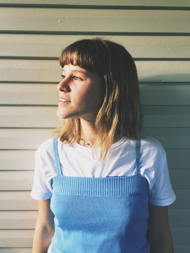Enhancing Social Connectedness or Stabilising Oppression: Is Participation in Music Free From Gendered Subjectivity?
DOI :
https://doi.org/10.15845/voices.v16i2.881Mots-clés :
feminism, gender, anti-oppressive practice, community music therapyRésumé
Connectedness and inclusivity are components of a healthy community. However, intersectional feminist thought poses that exclusion and marginalisation are enacted through gendered power structures and affect the lives of individuals and communities around the world on multiple intersecting axes, including gender, sexuality, race, class, and disability (Crenshaw, 1989). Critical analysis of music in its high art form, from traditional music education and musical narratives, to jazz, to what instrument one chooses, highlights a raced, classed gender order, and an ongoing cultural bias that privileges a heteronormative narrative, and highlights the work and importance of men’s contributions (Bradley, 2007; Gould, 2007; Maus, 2011). While community approaches to musical participation may seek to emancipate and transcend moral hierarchies which dictate who can and cannot participate, I contend that these may occur within the context of a deeply entrenched gender order. By focusing only on the essential and universal, or liberating and connecting qualities of music and music therapy for all of humanity, we may sidestep and erase histories of oppression and marginalisation. This article uses a critical lens to explore the literature for contexts in music that preserve a male dominated gender order, and seeks to question and problematise the notion that music provides equal opportunity for social connectedness.
Téléchargements
Publié-e
2016-06-14
Comment citer
Scrine, E. (2016). Enhancing Social Connectedness or Stabilising Oppression: Is Participation in Music Free From Gendered Subjectivity?. Voices: A World Forum for Music Therapy, 16(2). https://doi.org/10.15845/voices.v16i2.881
Numéro
Rubrique
Position Papers
Licence
Articles published prior to 2019 are subject to the following license, see: https://voices.no/index.php/voices/copyright

